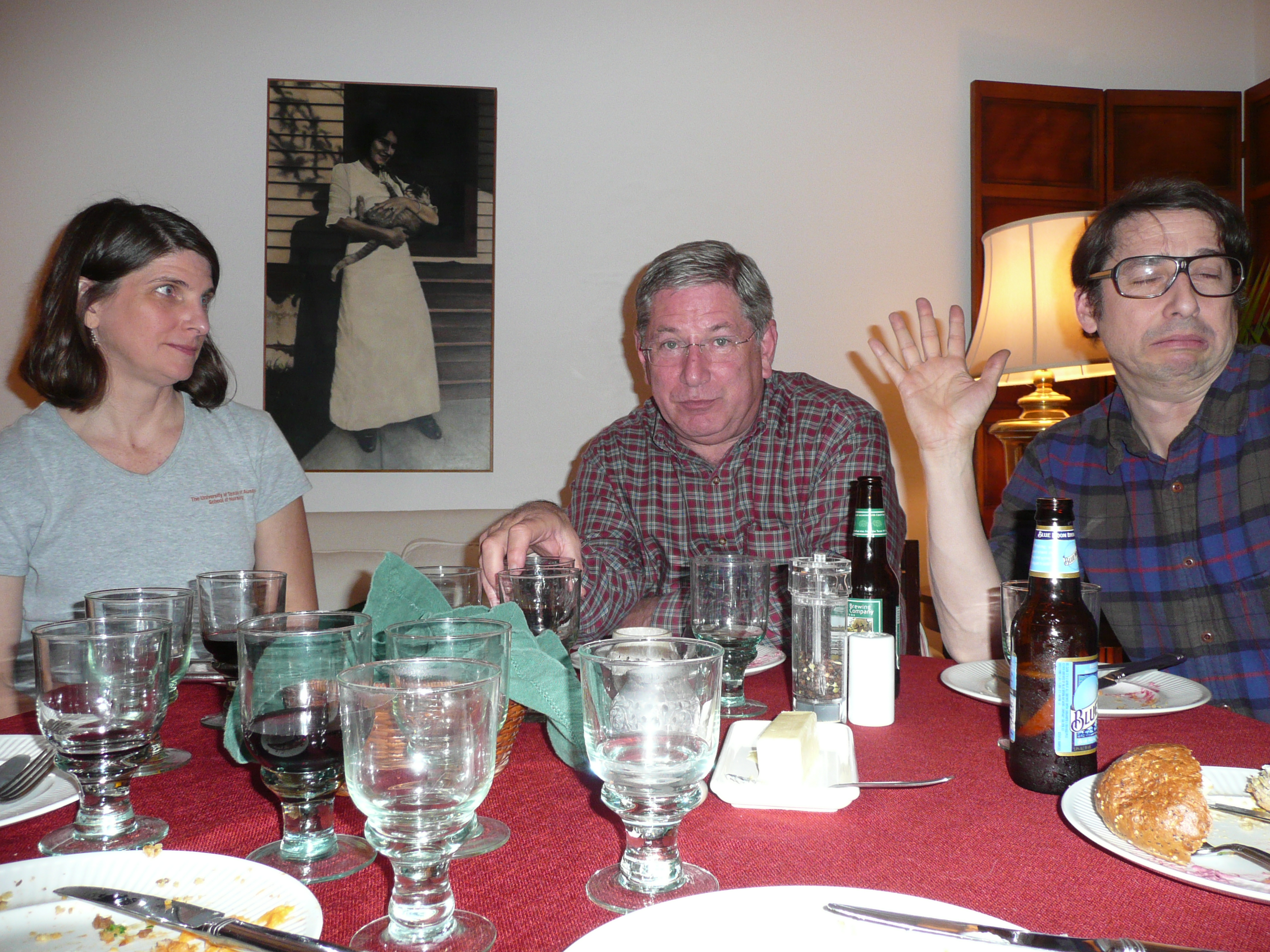As we gear up for Thanksgiving with family and friends, many of us are bracing for the elephant in the room – yes, pun intended. Even families divided by political loyalties are likely to gather together, virtually or in person, over the holidays, making for some tense conversations.
As a nurse with over 30 years of experience in caring for people with chronic illnesses, like diabetes, lung disease, and HIV, I’ve learned that we shouldn’t shy away from difficult conversations. In truth, we need these conversations to heal.
My approach is informed by years of addressing some of the biggest challenges that healthcare providers face in caring for people who engage in behaviors linked to chronic illnesses—like not making time for regular exercise, eating French fries instead of salads, smoking, engaging in risky sexual behaviors, biking without helmets, or spending money that they don’t have. I have learned that it’s not helpful to get frustrated with patients or judge them for not behaving the way I think is best. It does not help me relate to them as people, and it definitely interferes with working together toward any shared goals. After all, they are just being human. Unhealthy behaviors are actually normal responses to stress.
We can look at people with opposing political views similarly. If we treat people in our families and communities as normal humans, we will begin to heal the chasm that the election and its aftermath have made so clear. This starts by remembering that it’s normal for people to be loyal to their beliefs, to absorb what the people they most relate to are saying, to fiercely defend their point of view. These behaviors may be distressing, but they are reactions that we all have to being challenged.
I teach my nursing students that all people are worthy of grace, understanding, and patience, and that we should try to create opportunities to reconnect and engage in difficult conversations. I tell them about the many patients who have made the decision to change their behavior when they felt heard and validated.
For example, one patient’s blood sugar levels spiked in the weeks after the pandemic shutdown. Instead of judging and telling him “he should know better” than indulge in the comfort foods his wife was making, the nurse asked how he was feeling and what he thought was behind the elevated blood sugar levels. She normalized the behavior so he didn’t feel ashamed of his lapse. On follow-up, the patient had taken positive steps to change his eating and activity habits.
So invite someone to talk with you. You could say, “I’d really like to know a little more about what you are going through and share what’s happening with me. Would it be OK to talk about that for a few minutes?” If the person declines the conversation, respect their decision and back off. Don’t jab at someone you care about and make the hurtful divide even wider.
When you can engage in a dialogue, it is vitally important to listen and respond without trying to persuade, which puts people on the defensive or offensive; to not belittle perspectives or be disrespectful; to trust that people are being their most authentic selves; to understand that many conversations will have to happen over a long time and still might not result in agreement.
Perhaps you or the person you are talking with cannot even agree on the basics—like what constitutes trustworthy facts. In this case, switch courses to share personal experiences. What has happened to you? How are you affected personally? Use “I” statements rather than “you” statements, which can sound accusatory or ascribe values to the other person. Approach the conversation gently and try to see past any brusqueness. Watch your body language to guard against projecting anger or tension.
Need practice before the next big holiday? The Human Library offers a way to have conversations with people who represent a variety of experiences.
To be sure, reconnecting people who are entrenched in antagonistic views presents a monumental challenge. If tempers flare, take a break, breathe, and come back to a less inflammatory topic or approach. We can get so riled up when we hear opposing viewpoints that we can see people – even family and community members – as less than human, as monsters. Recognizing that they are humans making perfectly normal decisions based on their context is the first step towards healing.
This work, these conversations, are the only way to bridge the divide within families and between communities. It is not easy, but we cannot depend on others to assume this duty for us. We cannot wait for a unifying government, faith leader, or celebrity.
It will take all of us to stitch our society back together. Now is the time to start.
Alexandra García is a Professor at the University of Texas at Austin School of Nursing and an Op Ed Project Fellow.


